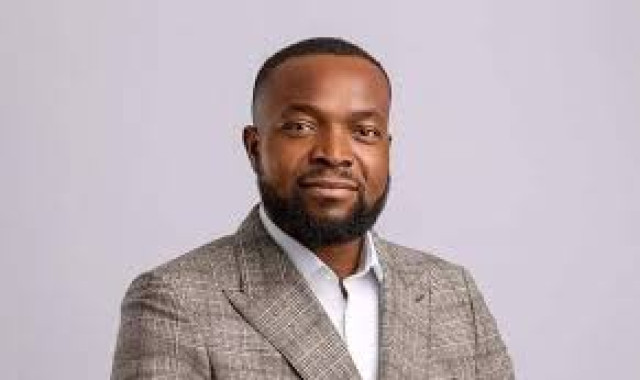The Federal Ministry of Communications, Innovation and Digital Economy has launched a Digital Village in the Ibwa 2, Kura community within Gwagwalada Area Council, Abuja, aiming to enhance digital access in underserved rural regions.
This project, initiated in collaboration with Huawei Nigeria and Globacom, offers high-speed internet, e-learning resources, and telemedicine services, intending to convert remote areas into digitally empowered locations.
The Minister of Communications, Innovation and Digital Economy, Dr. Bosun Tijani, who officiated the event, connected this initiative to President Bola Ahmed Tinubu’s directive for inclusive digital advancement.
“We are fortunate to have a President dedicated to developing every Nigerian, regardless of their location,” Tijani stated.
“This project was mandated by President Bola Ahmed Tinubu to ensure that all citizens have access to the benefits of digital technology.”
During the launch, Tijani showcased a mobile phone, calling it a “window to the world” that connects individuals to family, financial resources, education, and healthcare.
However, he pointed out that over 20 million Nigerians, especially in northern areas, still lack such access due to inadequate connectivity infrastructure.
“This is why the President has instructed investments in 7,000 connectivity kits similar to the one here,” he mentioned. “Kura community is the first to benefit, and if utilized effectively, more will follow.”
The Digital Village features free public Wi-Fi, internet-enabled schools equipped with Huawei’s IdeaHub boards, and digital health centers with telemedicine capabilities, all powered by solar energy systems.
Tijani recognized Huawei Nigeria for its extensive support beyond mere connectivity infrastructure.
The company also supplied learning devices, trained educators, and renovated the local school, equipping it with smart education tools for remote learning.
Local healthcare facilities have also been enhanced with general practice medical kits, workstations, and Huawei’s IdeaHub systems to facilitate telemedicine in response to the shortage of teachers and healthcare providers in remote regions.
“They’ve exceeded basic connectivity. They’re investing in people,” he remarked.
Enterprise Managing Director at Huawei Nigeria, Terrens Wu, emphasized that the project's primary goal is to improve lives, not simply to deploy technology.
“Digital village is not merely about technology; it’s about people. Farmers can check prices, students can study online, and pregnant women can access medical advice all from their phones. This is how we transform lives,” Wu stated. “It’s about breaking down barriers.”
He outlined that the initiative focuses on three main areas: connectivity, education, and healthcare.
Northwest Division Head at Globacom, Kazim Kaka, reiterated the broader objectives of the project.
“This is not just telecommunications it’s about providing every Nigerian with an equal opportunity to succeed in the digital era,” he affirmed, highlighting the importance of sustainable public-private partnerships in bridging rural digital gaps.
Traditional ruler of Ibwa 2 Kura, Alhaji Abubakar Shuaibu, voiced appreciation for the development, acknowledging its positive impact on the community. “Our village resembles London today,” he noted.
“We have connectivity, gadgets, and a renovated school and hospital. Although we still require more staff and teachers, this is a significant advancement.”
The Digital Village in Kura currently serves over 12,000 residents, with plans for further community engagement in future project phases.




















